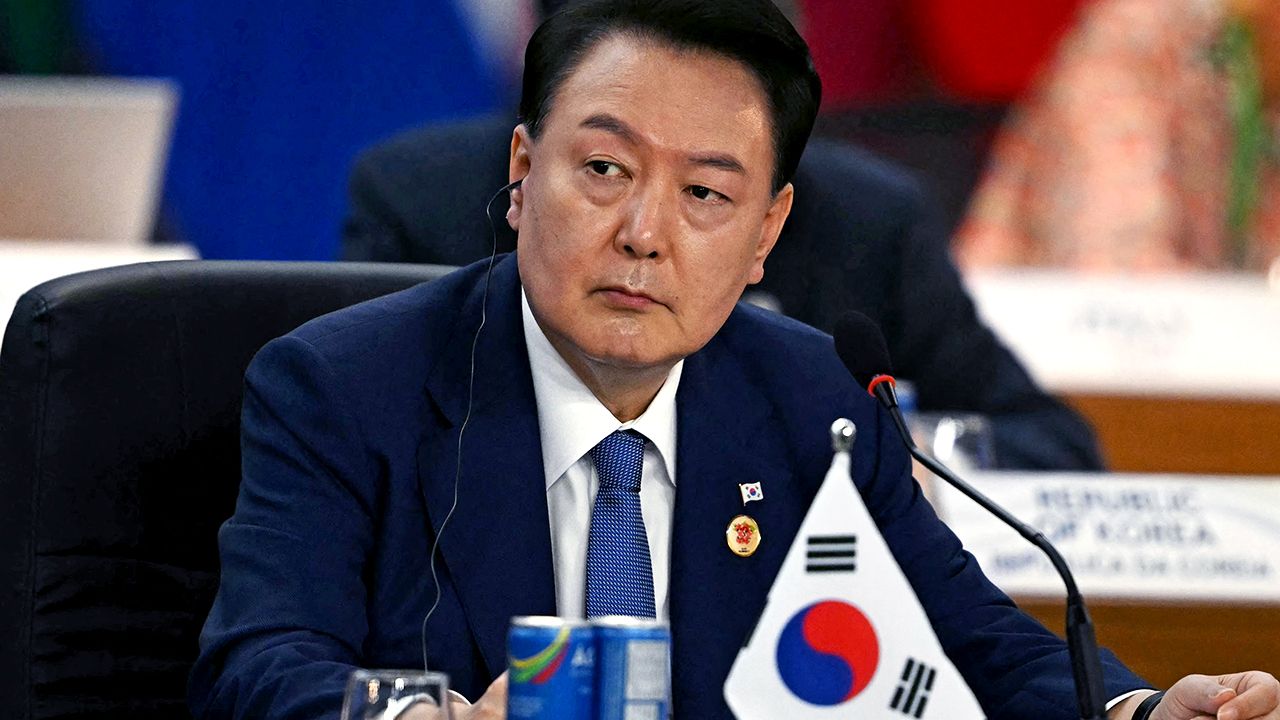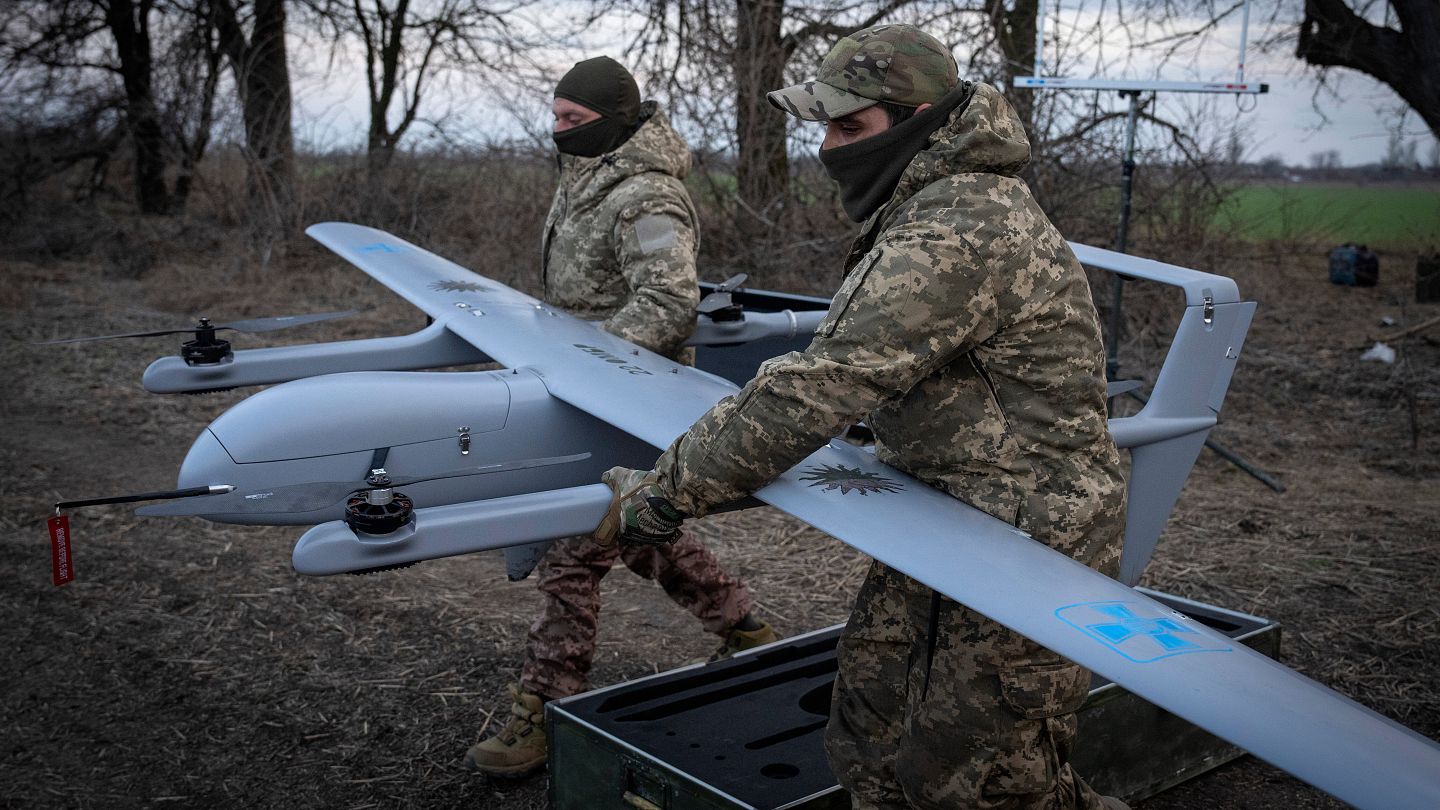A Crisis of Leadership or a Misguided Witch Hunt?

When South Korea's President Yoon Suk Yeol was detained for questioning, headlines around the world focused on the apparent political turmoil and crisis. Yet, a closer look suggests an alternative narrative: Is this an example of a political witch hunt designed to undermine a sitting leader, or a necessary measure to uphold democratic norms?
The detention of a sitting president is not something that happens every day. While the mainstream narrative paints this as a necessary legal intervention, there are compelling reasons to question the motivations and methods behind this dramatic event. Let's explore why President Yoon's detention might raise more questions than it answers.
The Martial Law Misconception
The official reason for President Yoon's detention centers around his controversial declaration of martial law. Critics argue that this move was an overreach, a bid to consolidate power and suppress dissent. However, supporters of Yoon point to the complex political environment in South Korea, where threats both external and internal can necessitate strong measures.
Historically, martial law has been invoked in times of severe crisis. In the Philippines, for instance, President Ferdinand Marcos declared martial law in 1972 citing threats from communist insurgents, a move that some historians argue was necessary to maintain order, even if it came at a cost to personal freedoms.
Yoon's supporters argue that his actions were similarly motivated by a genuine need to stabilize the country amidst increasing tensions. The president himself has maintained that the declaration was a temporary measure, aimed at preventing chaos and ensuring public safety. In this light, the question arises: is it fair to detain a leader for taking decisive action in times of perceived crisis?
Political Underpinnings and Power Struggles
Detractors may argue that the investigation into Yoon is a politically motivated attempt to weaken his administration. South Korean politics is infamous for its intense power struggles, where opposition parties often leverage legal systems to discredit their rivals.
Consider the case of former President Park Geun-hye, who was impeached and imprisoned in 2017. Her downfall was largely orchestrated by political opponents who capitalized on widespread public disillusionment. While corruption was indeed a factor, the political landscape played a significant role in her dramatic fall from grace.
Similarly, Yoon's detention comes in the wake of mounting pressure from opposition parties. It is no secret that politics in South Korea can be a ruthless arena where legal tools are often wielded as weapons. Could this be another instance where political rivalry has crossed the line into personal vendetta?
Legal and Ethical Concerns
The manner in which Yoon was detained also raises eyebrows. The initial attempt to serve a detention warrant on January 3 was met with resistance from his security detail, but it was the subsequent show of force by investigators and police that truly stands out.
The use of ladders and barricades to overpower presidential security might have been necessary from a law enforcement perspective, but it also paints a picture of desperation and overreach. Was such a dramatic approach truly warranted, or was it a calculated move to publicly humiliate a sitting president?
Moreover, Yoon's claim that the warrant was illegal cannot be dismissed without consideration. Legal experts have pointed out that the warrant's validity depends on the interpretation of Yoon's actions under South Korean law, which is often subjective and influenced by political pressures.
In democratic societies, the rule of law is paramount, but it must be applied fairly and without bias. The ethical implications of detaining a leader based on contentious legal grounds should not be ignored.
Implications for South Korean Democracy
The broader implications of President Yoon's detention on South Korean democracy are significant. While some see it as a victory for the rule of law, others fear it sets a dangerous precedent for the treatment of political figures.
South Korea has made significant strides towards democratic governance since the end of military rule in the late 20th century. However, the frequent legal battles faced by its leaders indicate a volatile political environment where democracy is often put to the test.
If the detention of a sitting president becomes a tool for political maneuvering, it could deter future leaders from making decisive decisions, fearing legal repercussions. In a region where geopolitical tensions run high, South Korea needs leaders who can act decisively without the fear of being undermined by political or legal machinations.
Conclusion: A Call for Balanced Scrutiny
While the mainstream narrative focuses on the legality of Yoon's actions and the necessity of his detention, it is crucial to also consider the potential for political manipulation and abuse of power.
South Korea stands at a crossroads, where the battle between maintaining democratic principles and ensuring political stability continues to unfold. President Yoon's case should serve as a reminder of the delicate balance required in democratic governance, where actions taken in the name of security must be carefully weighed against the potential for political exploitation.
The world will be watching how South Korea navigates this complex situation, and whether it can emerge stronger and more unified as a result. Only time will tell if Yoon's detention was a step towards justice or a misstep into political opportunism.

Keychron V1 QMK Custom Mechanical Keyboard
A versatile 75% layout wireless mechanical keyboard. Perfect for programming with Mac/Windows compatibility and exceptional build quality.


